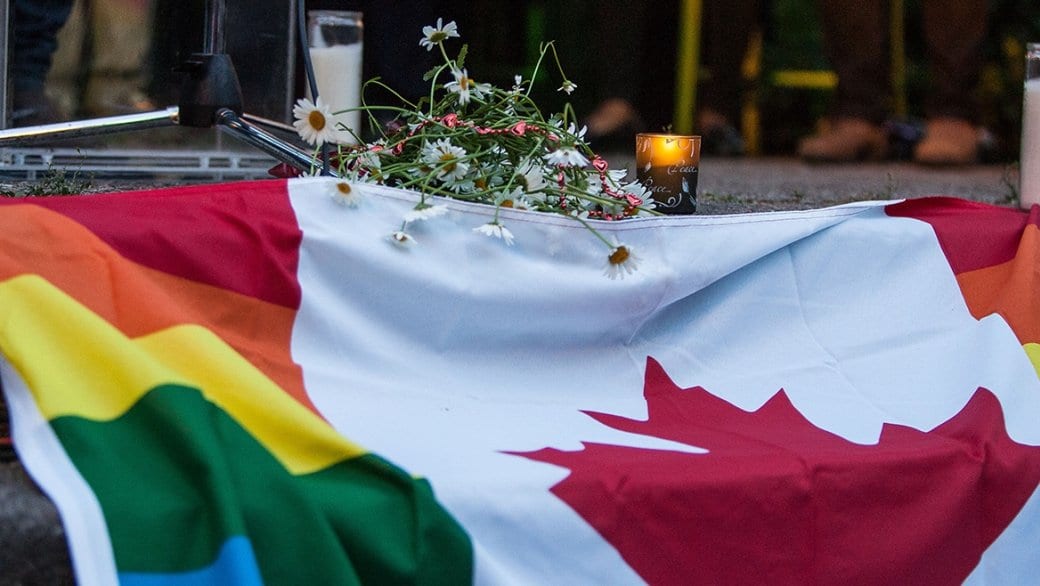The murder of 49 people in Orlando’s Pulse nightclub was horrific, but not unprecedented.
But who bears responsibility for the attack differs depending on who you ask.
For many conservatives, it was the latest in a string of terrorist attacks perpetrated by Islamic radicals, an affront to Western values which (suddenly) included LGBT rights.
Liberals believed it was a symptom of America’s poisonous gun culture, a continuation of the string of mass shootings like Columbine, Aurora and Sandy Hook.
But the LGBT community spoke of different precedents. Attacks on queer spaces have been happening for a long time, though they’ve never been as deadly.
Thirty-two people died in the UpStairs Lounge in New Orleans after an arson attack in 1973. A former New York City transit police officer shot eight people outside of two gay bars in 1980. The year after his attack at the 1996 Atlanta Olympics, Eric Rudolph bombed a lesbian bar. Ronald Gay, a Canadian-born man went on a shooting rampage inside of a Washington, DC gay bar in 2000, partially prompted by the hatred he had for what his name had come to mean.
And there were other attacks: a man with a hatchet and a gun in Massachusetts, a nail bomb in London, a man who stabbed ten people at a Pride parade in Jerusalem and then when he was released from prison 10 years later, stabbed another seven people, and killing one. Even in the month preceding the Pulse massacre, five people were killed and 14 wounded after an attack on a gay bar in Xalapa, Mexico.
That’s not even to mention the more commonplace violence faced by many LGBT people, especially trans women of colour, who are being murdered at unprecedented rates.
It’s hard to gauge what kind of impact and resonance Orlando will continue to have in the years and decades to come. In the aftermath, homophobes of all stripes attempted to appropriate the murders for their own causes.
But it’s certain that the public mourning that took place after Orlando will join the Compton Cafeteria Riots, Stonewall, the 1981 Bathhouse uprising, the murder of Matthew Shepard and other acts of tragedy and resistance in the collective memory of many LGBT communities the world over.
This story is part of Xtra’s A Year in Review news picks for 2016.

 Why you can trust Xtra
Why you can trust Xtra


